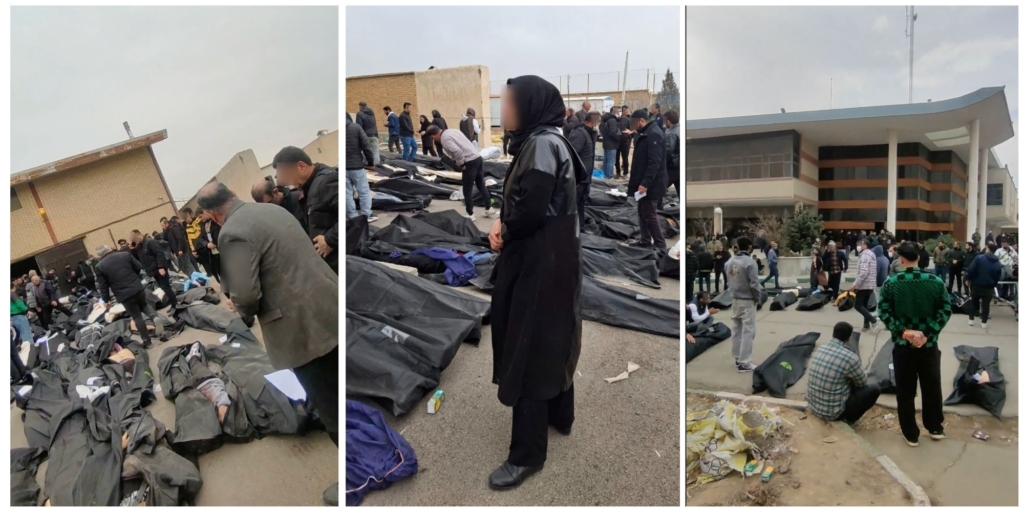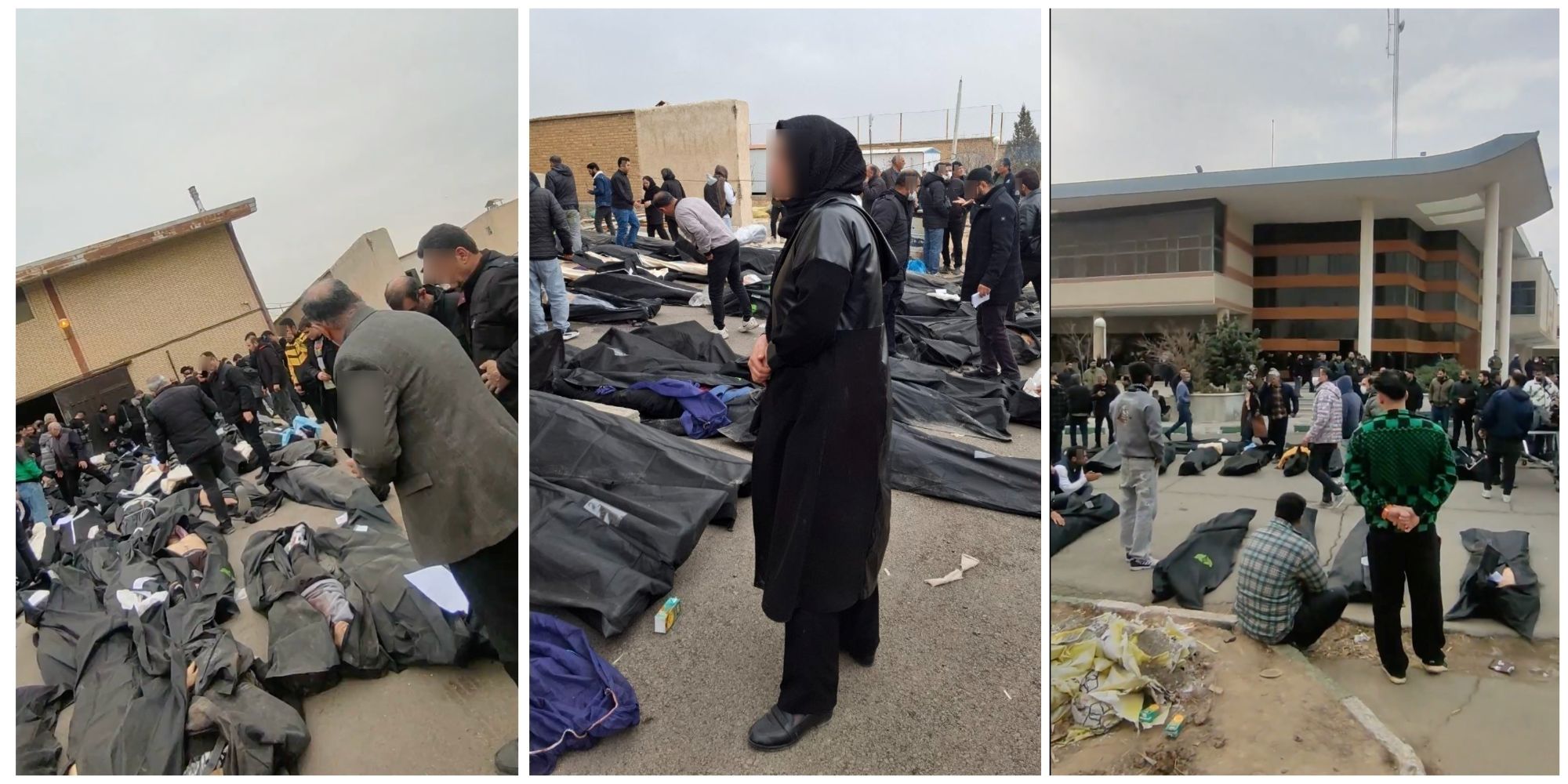To see a loved one wrongfully detained is a painful ordeal. But to not know where they are detained, or if they are even alive at all, is even harder.
This is the situation faced by hundreds of Uighurs, Kazakhs and other ethnic Muslim people living overseas while their relatives languish in Chinese political detention camps.
To make matters worse, their desperate search for information is being hindered by their own family members still in the Xinjiang Uighur Autonomous Region (XUAR). This is not because those relatives don’t want to help; instead, it’s because they fear cooperating could mean they are the next ones sent to the notorious camps.
“Transformation-through-education centres” is the euphemistic term the Chinese government prefers to use for these facilities. It claims the individuals held there receive “vocational training” to help them with their “radical thoughts”.
Terrified to talk
Since when does such “training” include people being tortured and abused, as several former detainees and relatives of former detainees told me takes place in the camps?
We do not know the full extent of what goes on in the camps because the “re-education” programmes, like their locations, are shrouded in secrecy. What we do know is that people are terrified to be sent there, and most who come out alive remain too scared to even describe their experiences.
“I don’t know if they are still alive, or what else I can do to find more information about them,” said Alim*, a Uighur man living in Australia. Alim’s parents and other relatives were sent to a re-education camp in in 2018 and have not been heard from since.
Alim’s experience is typical of what many Uighurs living in Japan, Australia and New Zealand have described to me.
Some have given up work to focus on finding information about their relatives in Xinjiang, but other family members that they turn to for support are not always willing to help. Several overseas Uighurs told me they have been blocked by their relatives still in Xinjiang on WeChat, a popular social media platform in China, due to fear of reprisals if they speak out.
Those living outside of China are at risk too. Many worry they could be deported from their current homes when their passports or visas expire, then arbitrarily detained once back in China.
There have been reports of deportation cases in the United Arab Emirates, Egypt, Thailand, Pakistan, Sweden and Germany. Many Uighurs I spoke to were too scared to make their locations public. Some nervously asked me if I was Chinese – and agreed to speak only when I explained that I am Hong Kong Chinese.
Such is the level of mistrust and suspicion, that people based in Japan told me they would not even speak to fellow Uighurs in their community for fear they could be informants for the Chinese authorities.
Some individuals have been released from China’s detention camps. But even for the families who have been reunited, much damage has already been done.
In September 2018, I met with a group of Kazakhs in Almaty, Kazakhstan, whose relatives were detained in Xinjiang. They have since told me the good news that many of their loved ones have been released, but they have been shocked to see their relatives return as completely different people.
Many are frightened and disoriented and suffer from memory loss. Most released are too scared to say anything about what happened to them in the camps. This is the apparent effect of “vocational training”.
Hope of being reunited
In this climate of fear, Uighurs outside China searching for loved ones are grateful for even the smallest tokens of support. Just one tweet from a stranger about their family’s situation will spark hope that their case could get more attention. A tweet also serves another purpose – it makes these desperate people feel that they are not alone.
Some overseas Uighurs recently took part in the #MetooUyghur online campaign. For many, just using this hashtag represented a difficult and courageous decision to speak out.
Others have contacted human rights organizations such as Amnesty International. The information vacuum in Xinjiang is so great that those searching for loved ones know they cannot do it on their own.
Despite all the fear, some have begun to share their stories. As long as independent human rights monitors continue to be denied access to Xinjiang, these testimonies are important in painting a picture of the systematic and gross human rights violations by the Chinese government.
Everyone who tells their story is taking a risk, but each voice is crucial in dismantling the wall of secrecy around what is happening in Xinjiang. It is a brave first step towards reuniting families that have been torn apart.






















